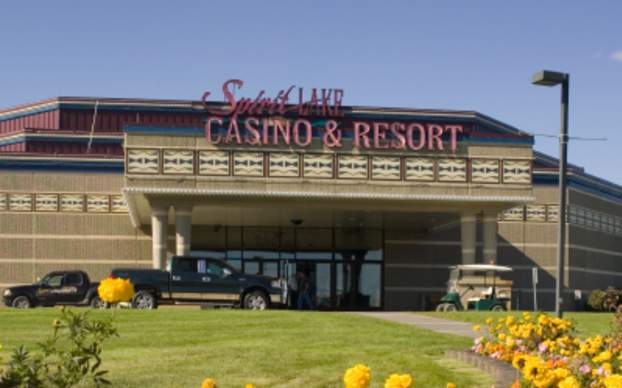So, you want to grow your business? But you have limited budget, time, and resources, right? That means you’ll have to make choices about what to work on to maximize growth.
Here are the things you should concentrate on first:
The Digital Imperative
Small businesses can do big things. Technology is one of the great “levelizers” between big and small business. With the help of the right tech, small businesses with smaller staffs can do what previously was done by much larger companies. Look at your processes and see how they might align with the technology out there. You might be surprised how many efficiencies have been created since you last auditioned tech.
Growth Strategies
Commit to creating strategic methods behind your growth undertakings including:
1. Holistic Digital Presence. It's not just about having a website. You want a holistic digital presence across channels. Focus on creating a seamless online experience that includes social media engagement, a user-friendly website, and personalized content. This is no easy task but that’s where you’ll achieve the most growth.
2. Data-Driven Decision-Making: You need to do more than just collect it. Leverage data analytics to make informed decisions. Understand your customers' behavior, preferences, and pain points. A small business owner I know worked with a Facebook ad professional to design high-converting ads. The business owner provided him with images of her business and products. He then created three designs. One used her image and the two others he designed had NOTHING to do with her business. He chose pictures of the beach and sunflowers. This angered her. He told her it didn’t matter what she liked but what her audience liked.
She was irritated with him until she saw the results. His ads with beaches or sunflowers outperformed her “true to business” images every time, both in clicks and in conversions. She couldn’t argue with results. To this day she can’t quite understand why people preferred images so far removed from her business, but those ads sold products. And that’s what she wanted.
Community Engagement
You won’t grow without support—personally and professionally. Actively engage with your local community through events, partnerships, chamber membership, and social initiatives. This not only strengthens your brand but also fosters a sense of loyalty among customers. If they know you, and see you around town being a part of the community, they’ll want to support you even when you’re not the lowest price or the quickest delivery.
Balancing Growth and Sustainability
While business growth is what everyone is after (at least from the perspective of keeping the doors open), sustainability and eco-friendly practices are becoming more and more important to customers, particularly those under 30. Adopt practices that reduce your environmental impact. Easy ways to do that include embracing eco-friendly packaging, reducing waste, and exploring renewable energy options. (Solar panels are much more affordable than they once were and there may be tax credits for e-vehicles.) Communicating these efforts to customers can enhance brand credibility and influences how they feel about you and your company.
Adaptability and Exploration
Adaptability is crucial for small businesses. Keep an eye on emerging technologies, industry trends, and consumer behavior. Regularly assess and update your strategies to ensure they remain relevant and effective. Stay curious and embrace a growth mindset about continual improvement.
Christina Metcalf is a writer/ghostwriter who believes in the power of story. She works with small businesses, chambers of commerce, and business professionals who want to make an impression and grow a loyal customer/member base. She loves road trips, hates exclamation points, and thinks her dog is one of the best listeners in the world.
_______________________________________
Twitter: @christinagsmith
Facebook: @tellyourstorygetemtalking
LinkedIn: @christinagsmith

